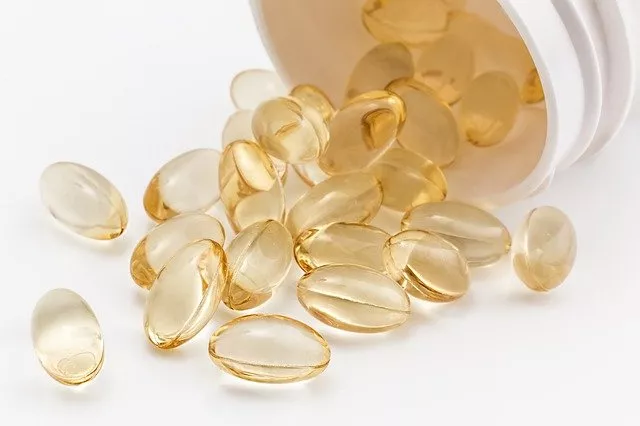Do You Know About These Symptoms Of Nutrition Deficiencies?

When your body does not get the nutrients it needs for a long time, your body gives you hints to know something is not right. Most of the nutrients that your body does not get can be regained through nutritional supplements or by consuming more foods that contain those nutrients. However, it is important to see your doctor or nutritionist before taking any nutritional supplements.
This article presents some of the symptoms that are often seen in our body when we have a nutrition deficiency.
1.Hair loss
It is normal to lose about 100 hairs a day. But if you have excessive hair loss, you may be suffering from iron deficiency. It is the most common nutritional deficiency in the world. Your doctor can do a blood test to see if your body has low iron levels. It is important to add more iron-rich foods such as meat, spinach, beans, cashews, sesame seeds, dark chocolate and kurakkan (finger millet) to your diet.
2.Feeling tired for no reason.
If you often feel tired, drowsy and stressed, you may want to have your vitamin D tested if you can not think of a clear cause. Vitamin D is not a nutrient found in many foods. Especially getting vitamin D from dietary sources are limited to those who eat only plant foods. Our skin also produces vitamin D when our body is exposed to sunlight. According to our lifestyle we may not get the opportunity to be in the sun much. Add more tuna, salmon, vitamin D-fortified milk and fat spreads or cereals to your diet. Or consult your doctor for a nutritional supplement.
3.Burning sensation of the mouth
You may feel burning of the gums, lips, inner cheeks and palms of your mouth and you may feel dry in the mouth. Sometimes sores can occur. This can be caused by vitamin B deficiency. To increase the amount of vitamin B in your diet, add beans, bananas, spinach, sweet potatoes and whole grains.
4.Dry skin
One of the functions of vitamin A is to produce and maintain the function of the tissues that cover the internal and external organs of your body. If your skin is dry and scales are formed, it may be that you are deficient in vitamin A. To get the most out of this nutrient from dietary sources, eat green vegetables such as spinach, orange vegetables like sweet potatoes and carrots and orange fruits like papaya.
5.Spoon nails
When your body needs more iron, your nails soften and bend like a spoon at the edges of your fingers.This can be a sign of hemochromatosis, which causes your body to over-absorb iron. If this happens to you, see your doctor for a blood test to find out the cause.
6.Cracks on both sides of the mouth
This may be due to iron deficiency or a deficiency of Riboflavin. Riboflavin-rich foods include: green vegetables, eggs, milk and meat.
7.Swelling of the tongue
This condition is also known as glossitis, which gives the smooth and shiny appearance to the swollen tongue. It can be a sign that you are low in iron or folic acid, niacin, riboflavin and other B vitamins. Examples for foods containing vitamin B12 are fish, meat, eggs, milk and cereals.
8.Feeling lethargy
Nutritional deficiency affects your body as well as your mind. Folic acid is a type of Vitamin B, that makes red blood cells and regulates sleep patterns and mood. When you do not get enough of this vitamin, you will feel forgetful as well as weak and lethargic. So add more peas, sweet potatoes and spinach to your diet.
09. Skin bruises and blemishes
Collagen is a protein that is important for the health of the body's tissues. Collagen is essential, especially for healthy skin.Vitamin C is an essential ingredient in the production of collagen. If you have more bruises and blemishes than usual, you may not be getting enough vitamin C. Therefore, add passion fruit, citrus fruits like lime, orange, Narang (Citrus indica) as well as tomatoes, bell peppers, avocados and broccoli to your diet.
Author - Yashodha Jayalath
MSc in Food Science & Technology, PGIA University of Peradeniya, Sri Lanka.
BSc in Health Promotion, Rajarata University of Sri Lanka.
Pg Dip in Psychological Counselling & Psychotherapy, Institute of Psychological Studies Sri Lanka.
Associate Member of Sri Lanka National Institute of Professional Counsellors, Registration number 2015/1526